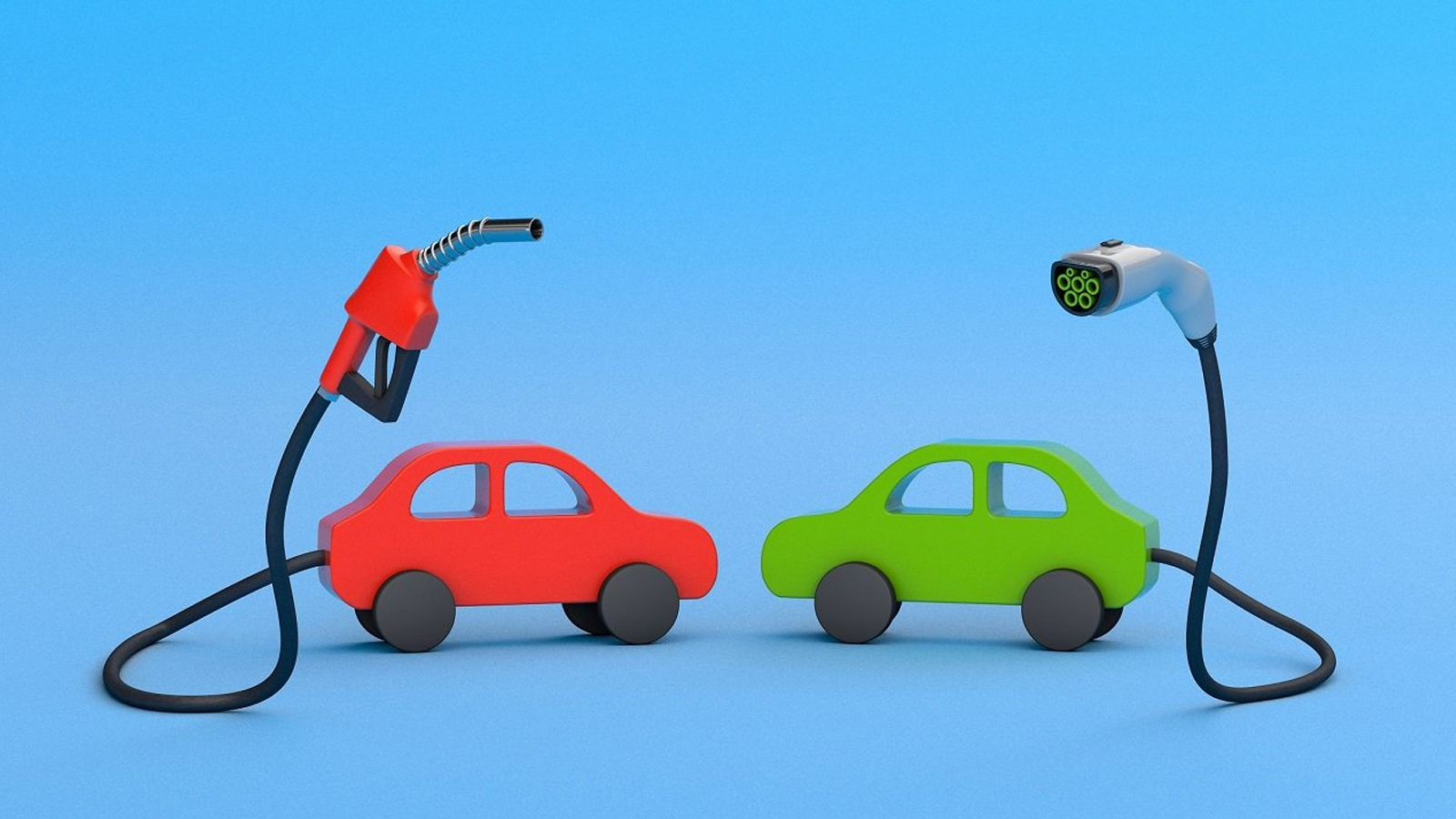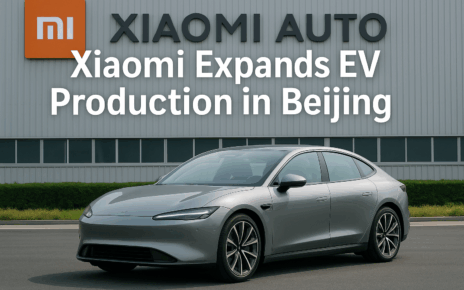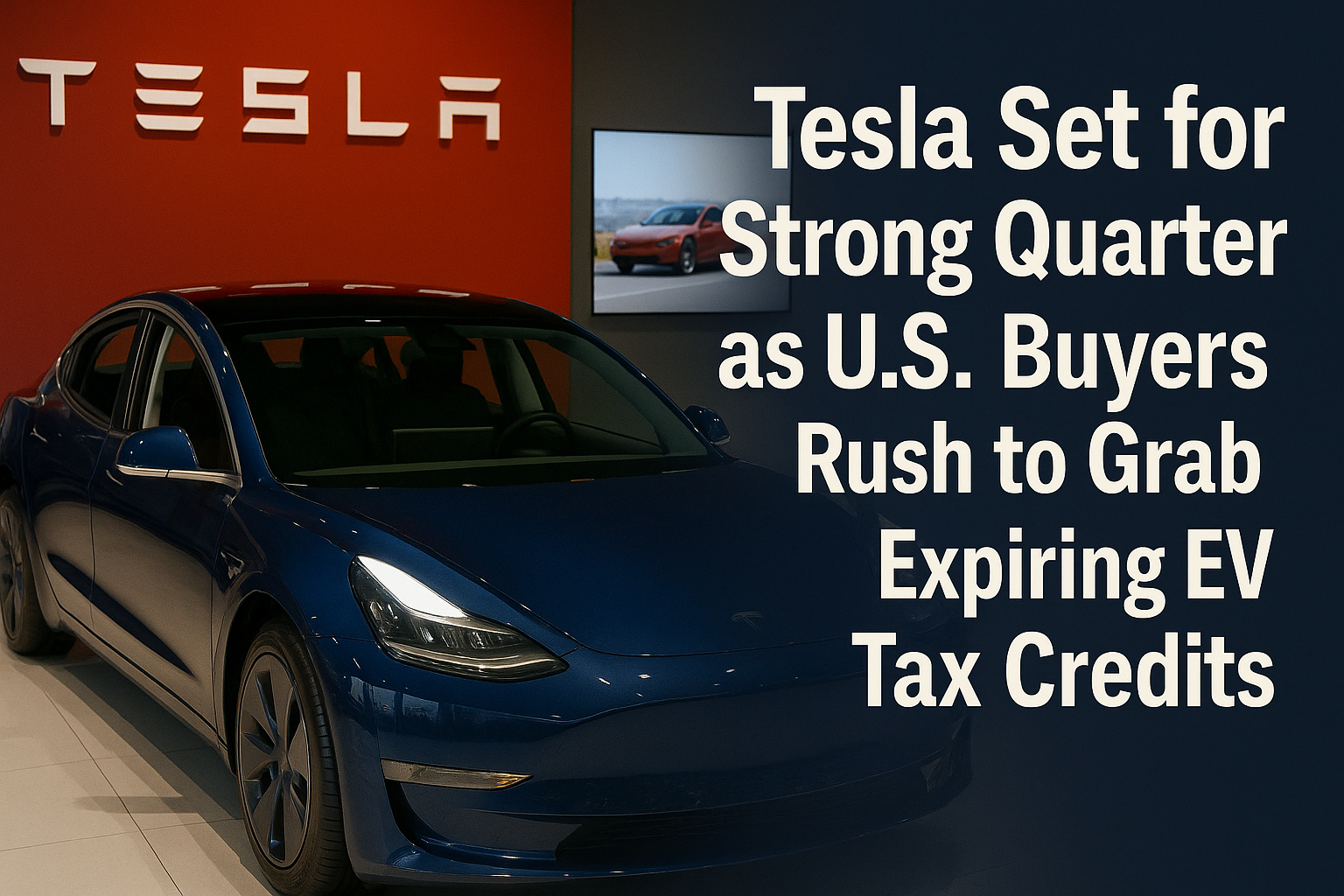The automotive landscape is changing faster than ever. As we look towards 2024, car buyers are faced with a pivotal choice: Electric vs. Gasoline. With electric vehicles (EVs) surging in popularity, it’s essential to understand what this shift means for you and your driving experience.
Imagine gliding silently down the street, powered by batteries instead of gasoline. Or picture the familiar roar of a combustion engine as you take control of the road. Both options present unique advantages and challenges that could sway your decision when purchasing a new vehicle.
In this blog post, we’ll explore the rise of electric cars and their benefits compared to traditional gasoline-powered models. We’ll dive into advancements in battery technology that are changing the game, analyze cost comparisons between these two types of vehicles, examine environmental impacts, discuss government incentives for EVs, and contemplate what lies ahead for the automobile industry.
So buckle up—let’s navigate through these electrifying choices together!
The Rise of Electric Cars
The rise of electric cars has been nothing short of revolutionary. Once seen as a novelty, EVs are now entering the mainstream. Major automakers are investing billions into electric technology.
Consumer demand is driving this shift. People are becoming more aware of their carbon footprints and seeking sustainable alternatives. Electric vehicles offer that promise.
Charging infrastructure is expanding rapidly, making it easier to own an EV than ever before. Public charging stations pop up in urban areas and along highways, easing range anxiety for potential buyers.
Additionally, advancements in design have made electric cars more appealing aesthetically and performance-wise. They’re not just eco-friendly; they also deliver impressive acceleration and handling.
As societal attitudes toward sustainability evolve, so does the future of transportation—one that increasingly favors silent engines over roaring ones.
Benefits and Drawbacks of Electric Cars
Electric cars offer several appealing benefits. They are known for lower operating costs, thanks to cheaper electricity compared to gasoline prices. Maintenance is often simpler too, as electric vehicles have fewer moving parts.
Quiet operation enhances the driving experience. Many find the smooth acceleration of electric motors quite enjoyable. Plus, they can be charged at home, eliminating trips to the gas station.
However, there are drawbacks worth considering. Charging infrastructure is still developing in many areas, which may pose challenges on long trips. Additionally, charging times can be longer than a quick fill-up at a gas pump.
Battery range also varies by model and usage patterns—some drivers might find themselves limited in how far they can travel before needing a charge. It’s essential to weigh these factors when deciding between electric vs. gasoline options for your next vehicle purchase.
Advancements in Battery Technology
Battery technology is evolving at an impressive pace. Innovations are emerging that enhance performance, longevity, and charging speed.
Solid-state batteries are gaining traction. These offer higher energy densities compared to traditional lithium-ion batteries. This means electric vehicles can travel further on a single charge.
Fast-charging technologies are also improving rapidly. Some advancements allow cars to recharge significantly in just 20 minutes. Imagine less time waiting at charging stations and more time on the road.
Recycling methods for batteries are becoming smarter too. Enhanced recycling processes reduce waste and recover valuable materials, making EVs even more sustainable.
Manufacturers are investing heavily in research and development to push these boundaries further. As battery technology progresses, the appeal of electric vehicles continues to grow among consumers looking for efficiency and sustainability.
Cost Comparison: Electric vs. Gasoline Cars
When it comes to costs, electric and gasoline cars present different financial landscapes. The initial price tag of an electric vehicle can be higher than that of a traditional gasoline model. However, this is often offset by lower operating costs.
Electric cars are cheaper to “fuel.” Charging at home typically costs less per mile compared to filling up with gas. Plus, maintenance tends to be simpler and less frequent for electric vehicles due to fewer moving parts.
Insurance rates may vary as well. Some studies suggest that insuring electric models can be more expensive because replacement parts are pricier or harder to find.
Long-term ownership should also factor into your decision. While the upfront investment in an EV might sting a bit, potential savings over time could make it worthwhile for many drivers who prioritize efficiency and sustainability in their automotive choices.
Environmental Impact
The environmental impact of cars has become a pressing issue. Traditional gasoline vehicles emit greenhouse gases, contributing to climate change and air pollution. This has sparked widespread concern from scientists and activists alike.
Electric cars offer a promising alternative. They produce zero tailpipe emissions, significantly reducing pollutants in urban areas. However, their overall sustainability depends on the source of electricity used for charging. If that energy comes from fossil fuels, the benefits can diminish.
Additionally, battery production raises its own set of environmental challenges. Mining for lithium and cobalt can lead to habitat destruction and water contamination. Responsible sourcing practices are crucial for minimizing this impact.
As technology advances, cleaner manufacturing processes may evolve as well. The shift towards renewable energy sources further enhances the appeal of electric vehicles while decreasing reliance on fossil fuels long-term.
Awareness about these issues is growing among consumers who prioritize eco-friendliness when choosing their next vehicle.
Government Incentives for Electric Cars
Governments worldwide are recognizing the need to transition towards cleaner energy sources. As a result, they have introduced various incentives for electric car buyers.
Tax credits and rebates often reduce the initial purchase price of an electric vehicle (EV). These financial boosts make EVs more accessible for many consumers.
In addition to monetary benefits, some regions offer perks like free parking or access to carpool lanes. Such advantages can save time and enhance daily commuting experiences.
Charging infrastructure is also supported by government funding. Investments in public charging stations help alleviate range anxiety, making it easier for drivers to choose electric over gasoline vehicles.
As regulations tighten on emissions, governments are creating programs aimed at phasing out gas-powered cars altogether. This commitment signals a strong push towards sustainable transportation solutions.
The Future of the Automobile Industry
The future of the automobile industry is set to transform dramatically. With the rapid advancement in technology, cars are becoming smarter and cleaner.
Electric vehicles are leading this change, driven by consumer demand for sustainability. As charging infrastructure expands globally, convenience will increase tenfold.
Autonomous driving is also on the horizon. This innovation promises to make roads safer while reducing traffic congestion. Imagine a world where you can relax or work during your commute.
Manufacturers are adapting quickly to stay competitive. Traditional gasoline models will increasingly coexist with electric alternatives as companies pivot their strategies.
Sustainability isn’t just about emissions; materials used in production are evolving too. Recycling and sustainable sourcing will become standards rather than exceptions.
With each passing year, the landscape shifts toward more eco-friendly practices. The automobile industry stands at a crucial crossroads that could define its legacy for generations ahead.
Conclusion
When considering your next vehicle purchase in 2024, the decision between electric and gasoline cars is more nuanced than ever. Electric vehicles are on the rise, driven by advancements in technology and changing consumer preferences. They offer numerous benefits such as lower maintenance costs and reduced emissions, but they do come with some drawbacks like range anxiety and charging infrastructure challenges.
Battery technology has seen significant improvements, resulting in longer ranges and faster charging times. This progress strengthens the case for electric cars as a practical option for daily commutes and long drives alike.
On the cost front, the calculations can shift depending on local electricity rates versus gas prices. While up-front costs of electric vehicles may be higher, savings on fuel over time often balance things out—especially when factoring in available incentives.
Environmental concerns remain a critical factor influencing car choice. Electric cars produce zero tailpipe emissions, contributing to cleaner air quality. However, it’s essential to consider where the electricity comes from to evaluate their full environmental impact.
Governments are stepping up support for EV adoption through various incentives that can make electric vehicles even more appealing financially. These initiatives aim to boost clean energy usage while transitioning away from fossil fuels.
The automobile industry stands at a crossroads as manufacturers pivot towards sustainable practices and innovative designs. As consumer preferences evolve alongside technological advances, it’s clear that both electric and gasoline options will coexist for years to come.
Choosing between an electric or gasoline car involves weighing multiple factors unique to each driver’s needs and lifestyle choices moving forward into 2024—and beyond.



